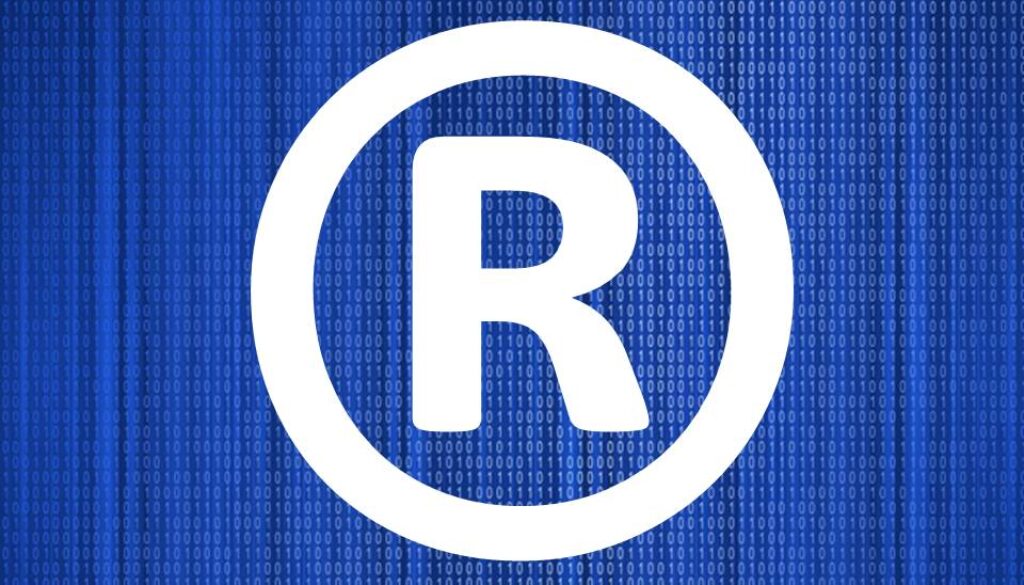The PTO, the First Amendment, and Disparaging (Re)Marks
A note before we start: This post contains racial slurs because they are a part of the trademarks at issue in the cases I am discussing. After struggling with how to address this fact, I have decided to spell them out in full because 1) they are spelled out in the trademarks as well as the cases; and 2) in one case, the slur was deliberately chosen by a member of the relevant racial group as a political statement. I wish to handle this matter with sensitivity, and I welcome an open and honest discussion about this choice; if you choose to comment, though, refer to my Terms of Use for my comment policy.
By now, you have probably heard about the Washington Redskins “losing” their trademarks. Some of the reports going around are a little overblown; the team hasn’t actually lost its ability to use the trademark, but the federal trial court in the Eastern District of Virginia has ruled that the U.S. Patent and Trademark Office (PTO) acted appropriately when it decided to remove the trademark from the Principal Register (cancel the mark registration) because it was a disparaging term. The Principal Register is a list that the PTO maintains of trademarks that meet its standards for receiving certain nationwide statutory protections. Among the standards: a mark cannot be “immoral, deceptive, or scandalous matter; or matter which may disparage or falsely suggest a connection with persons, living or dead, institutions, beliefs, or national symbols, or bring them into contempt, or disrepute.” Sometimes the PTO believes a mark meets its standards and registers a mark, but later a third party introduces evidence that convinces the PTO that the mark did not actually meet the standards. That is what happened here: a group of Native Americans brought evidence to the PTO showing that the “Redskins” marks were disparaging, so the PTO decided to cancel registration. If a mark is not registered with the PTO, the owner can still use the mark, and the mark may still be eligible for common law protection. The team certainly did not lose its marks entirely. In fact, because this was a trial court decision about a PTO decision, it is not yet final by a long shot; the decision may be appealed to the Circuit Court of Appeals with jurisdiction over the trial court (in this case, the Fourth Circuit), and from there it may even be heard by the Supreme Court. The team’s marks are therefore still showing as “registered” on the PTO website.
What you may not have heard is that the Federal Circuit Court of Appeals (the FCCA) also recently ruled in a trademark case involving a racial slur, and it’s a doozie. The FCCA ruled that the First Amendment prohibits the government from denying federal registration of trademarks on the basis that they are disparaging. This overturns part of the Lanham Act, the law that allows the PTO to decide which trademarks to register, and opens the door to overturning other parts (e.g., the prohibition on “scandalous” marks). The case focused on a band named The Slants, a name selected by the group in order to reclaim a racial slur. The PTO had denied registration on the basis that the term was disparaging, the same reason it agreed to cancel registration of the Washington Redskins’ trademarks.
Why did the two courts take such very different approaches to the issue? There are several reasons, but it boils down to this: the court in the case that was decided first, the Redskins case, was a federal trial court. It was constrained by precedent (that is, by what higher courts had decided before on the same subject). The court in the Slants case (the FCCA) was an appellate court and was empowered to overturn its own precedent—and it did just that. In fact, the FCCA overturned one of the cases that the Virginia trial court relied upon in ruling against the football team. The Virginia court held that the decision not to register the mark was a form of government speech, outside the purview of the First Amendment; and that the speech was not prohibited by canceling the mark anyway. The Federal Circuit held that the government had no business constraining the speech of others by withholding the benefits associated with registration based on the content of the speech (the trademark).
What happens next could be the interesting part. For those who are unfamiliar with our court system, in the hierarchy of courts, there are many district courts throughout the country. Each district court’s decisions can be appealed to one of the twelve Circuit Courts of Appeals, depending mostly upon its geographic location. And each of the Circuit Courts of appeals’ decisions can, in turn, be appealed to the Supreme Court of the United States (SCOTUS). SCOTUS will usually only hear an appeal when there is a split among the Circuit Courts of Appeals—that is, when there is disagreement among the Circuits about how a particular legal issue ought to be handled.
The Federal Circuit Court of Appeals may have just created a split. The Virginia court’s ruling is on appeal to the Fourth Circuit Court of Appeals. If the Fourth Circuit decides not to overrule its own precedent on the subject of disparaging trademarks and the First Amendment, we could very well see the Supreme Court resolving this issue within the next few years.
My thought: it is surprising that it took this long for this First Amendment ruling to occur. The First Amendment has been methodically knocking down morality clause-like parts of statutes (like this portion of the Lanham Act) since the 1950s. At one time, the Post Office famously would not carry the book Lady Chatterley’s Lover, which it considered to be obscenity. The thought of the Post Office discriminating based on the intellectual content of the mail today is laughable. Today, the rulings upholding the Lanham Act’s prohibitions on disparaging marks have been twisting themselves in knots trying to draw distinctions between government speech and other speech. It has felt inconsistent with the progress of the First Amendment cases. I will be slightly surprised if there is still a circuit split after the Fourth Circuit rules on the Redskins case. If SCOTUS hears these cases, though, I will be shocked if this “morality clause” does not fall to the First Amendment.
What do you think?

